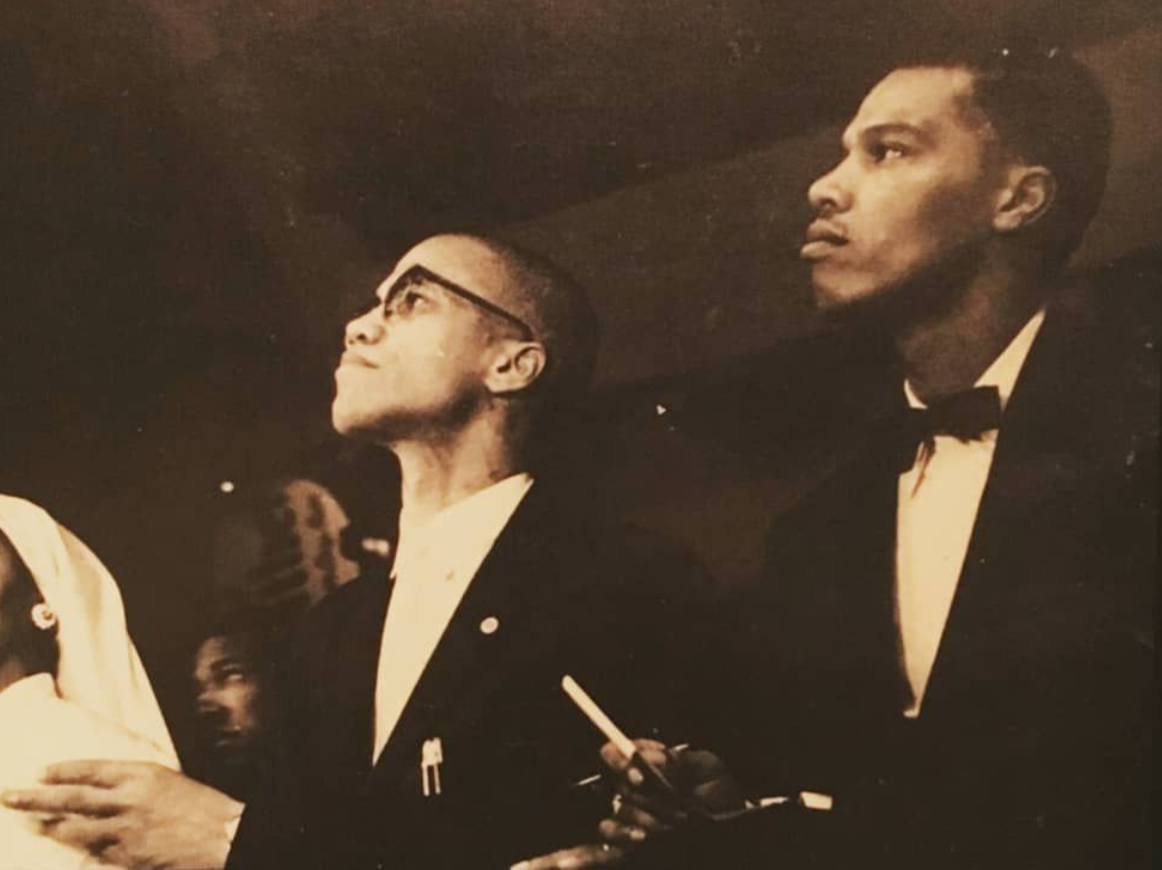(ThyBlackMan.com) Some of them may help us solve our current challenges…
African Americans are currently experiencing a time of social and economic hardship that exceeds any other racial group in America. We lead the nation in unemployment (15.6 percent), incarceration rates (40 percent), HIV  infections (46 percent) and a host of other measures. These are problems that will not be solved without direct effort, and if they remain unresolved, the status of black people in this country will continue to decline.
infections (46 percent) and a host of other measures. These are problems that will not be solved without direct effort, and if they remain unresolved, the status of black people in this country will continue to decline.
The history of blacks in America provides lessons that may help us solve our current challenges. Specifically, the period after the Civil War offers several insights into the state of black people at the end of the 19th Century. This period is known as Reconstruction and lasted from 1865 to 1877.
Black people exited the Civil War buoyed by the virtue of being free but also burdened by the vices of illiteracy, lack of community organization, few legal rights, and the animosity of many Southern whites. While legally free, these former slaves could have easily slid back into social and economic bondage. However, blacks quickly learned four lessons that helped them survive and even thrive in the Post-Civil War era.
Lesson 1 – The Ballot is the Bullet
Newly freed slaves (called Freedmen) faced a legal system that was often hostile to their interests. Laws known as Black Codes were passed to limit their mobility and ability to find employment. They also made it impossible for blacks to own land, vote, serve on juries, or be called as witnesses. With no legal right to carry arms, blacks were completely at the mercy of the all-white members of government.
Blacks quickly realized that suffrage was the key to truly ending slavery. Efforts were made at the state level to pass laws allowing blacks to vote, and they eagerly began taking part in the voting process despite their lack of knowledge of the legal system. In fact, after being told where to go for voter registration, many blacks showed up with bags so that they could take “registration” home with them. Physical violence was another real threat to black suffrage since white supremacy groups like the Klu Klux Klan used violence to stifle the black vote.
Yet, despite these and many other obstacles, blacks voted in droves. The ballot gave blacks the power that the rifles of the many Union soldiers who occupied the South and were tasked for their protection could not do. It allowed former servants to make the government serve their interests.
Lesson 2 – Public Service
As blacks began taking advantage of the right to vote, they also became members of government. Legislatures across the South began to have black members, and the Congress of South Carolina even had more black than white members. At the federal level, 15 blacks became members of the House of Representatives and two sat in the United States Senate (double the current number).
While blacks held limited control over the federal government, they had considerable impact on the state governments. Specifically, the Reconstruction Constitutions of several former Confederate states set up the first public schools in the nation.
Also, removing the legal provision in many states that made land ownership a requirement for voting provided further equality in the political process.
Black politicians, so urgent to preserve their newfound freedom, expanded the rights of all racial groups through their political participation.
Lesson 3 – The Protection of Education
As black politicians set up public schools through the legal system, they were joined by churches and other government agencies (especially the federal Freedman’s Bureau) in implementing their laws. The thirst for knowledge that blacks had was palpable since education was a powerful tool for obtaining equality. One of the greatest contributions of these schools was a dramatic drop in illiteracy rates among blacks.
Black colleges began to appear across the country including the Lincoln Institute and Fisk University in 1866 and Howard University in 1867. Blacks gave liberally to support these campuses by doing things like selling scrap to provide books. These institutions would eventually become the incubators of the black intellectuals of the 20th Century.
Lesson 4 – Family Matters
Despite the brutality of bondage, many slaves fought to maintain two-parent sexually monogamous units. These unions were often initiated by ceremonies like jumping a broom that were not recognized by the law. After Emancipation, many couples took advantage of the opportunity to have their unions legally recognized by the law. In fact some sources state the blacks during this period married at rates higher than whites and also divorced at lower rates.
However, the post-slavery black society did not subscribe to the sexual mores that the dominant white culture tried to enforce upon them in exchange for the legal recognition of marriage. Pre-marital sex was not stigmatized and illegitimate children were accepted without ostracism. Perhaps the breakup of slave families by white masters provided a fluid definition of what defines a family in the minds of blacks that persisted after they gained their freedom. This may explain why fictional cousin, aunt, and uncle relationship were created to maintain some semblance of a stable family despite the instability of the black experience.
By learning and applying these four lessons, Reconstruction era blacks averted the very real possibility that they would remain in a servile state despite their legal freedom from slavery. This was achieved by using the power of the vote, serving in public office, earnestly seeking the benefits of education, and building strong yet flexible definitions of family. We, their descendants, could well benefit from absorbing these lessons ourselves.
Written By Anjuan Simmons
















You so welcome brother and all do feel free to visit his site;
http://www.AnjuanSimmons.com (—-
Staff,
ThyBlackMan
Thanks for reposting my article for theloop21.com. I just discovered this site after a Google Alert led me here, and I admire what you’re doing here.